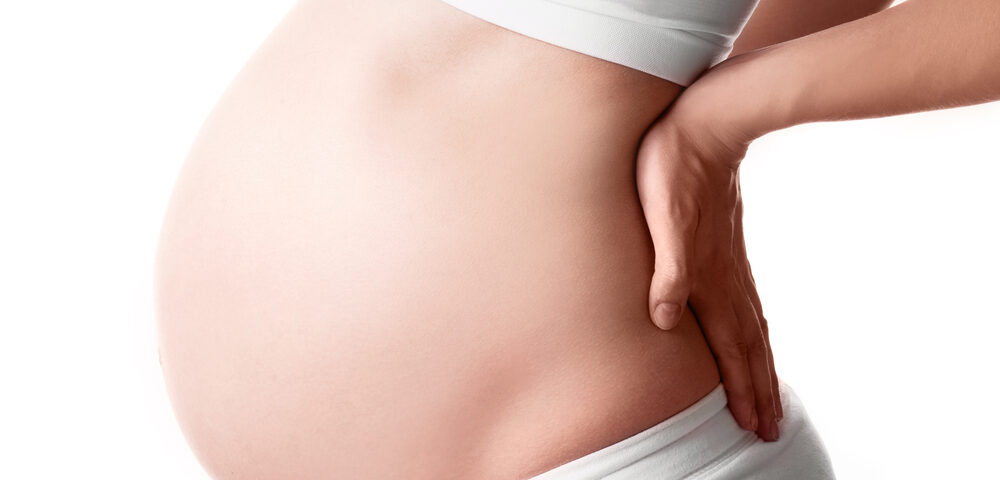Is Waxing During Pregnancy Safe?

Secrets to Healthy Eyebrows
May 10, 2019
What are the Differences Between Waxing, Threading and Sugaring?
June 25, 2019Pregnancy may be accompanied by a wide variety of changes that women experience — some of which are expected, other changes can be a bit surprising. Here is a short list of common changes that may occur to skin and hair during pregnancy, due to hormonal fluctuations: appearance of unwanted chin hair, more noticeable upper lip fuzz, and faster growing volume of hair on upper/lower segments of the leg, underarm and bikini areas.
On the positive side, here are a few perks of pregnancy to enjoy: “better hair day” (thicker strands and more bushy ponytails), stronger nails, fewer pimples and less acne breakouts, more glowing skin, more curves to show off ☺
Some expectant women often prefer to continue their “grooming routine” of hair maintenance rather than taking a break during the entire pregnancy. But they often ask themselves: Is waxing safe during pregnancy?
Here’s what women need to know:
Waxing During Pregnancy is Generally Safe
Generally speaking, hair removal treatments during pregnancy — including waxing and sugaring — are considered to be safe and very rarely do doctors advise against it, because application of wax DOES NOT penetrate or interfere with the deep dermal layer of the skin, or the vascular and lymphatic systems. However, women should consult with their doctor to express any concerns they have prior to scheduling a treatment, just to make sure it will be a safe option for both mother and baby.
Areas to Avoid Waxing During Pregnancy
It is recommended that pregnant women avoid having the following areas waxed while they are pregnant:
- Nipples (if too sensitive or slightly swollen)
- Any Skin Affected by Active Acne or Warts
- Any Open Wounds or Lesions
- Any Problematic Varicose Veins
Note: You May Be More Sensitive to Waxing
Women who are pregnant are generating more blood (especially during the last trimester) than those who are not pregnant, which can in turn make the skin more sensitive. In some rare cases, there is increased swelling or redness after a waxing treatment. Women should check with their doctor before taking any serious pain medication after a waxing treatment service.
Ultimately, pregnant women who want to invest in hair removal services should continue to work with a licensed professional who is committed to providing personalized service. This is the best way to ensure that the hair is removed safely and properly with minimal side effects.
For more information on waxing during pregnancy, contact Peach Perfect today!

